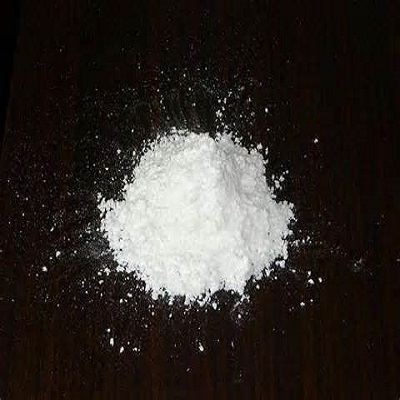Choosing the Right Redispersible Polymer Powder for Mortar
In the realm of construction materials, redispersible polymer powder (RDP) has emerged as a game-changer in enhancing the performance and properties of mortar. As a versatile additive, RDP significantly improves the workability, adhesion, flexibility, and durability of mortar, making it a preferred choice for modern construction projects. However, with a wide range of RDP options available, choosing the right one for your specific mortar application can be a daunting task. In this comprehensive guide, we will walk you through the key considerations and factors to help you make an informed decision when selecting the right redispersible polymer powder for mortar.

Redispersible polymer powder is a free-flowing, white powder obtained by spray-drying polymer emulsions. It comprises a combination of polymers such as vinyl acetate ethylene (VAE), vinyl acetate vinyl versatate (VeoVa), and acrylics. When mixed with water, RDP particles redisperse, forming a protective polymer film around the cement particles, enhancing mortar performance.
Advantages of Using Redispersible Polymer Powder in Mortar
Incorporating RDP into mortar offers numerous advantages, including:
a. Improved Workability
RDP enhances the workability and cohesiveness of mortar, making it easier to mix, apply, and spread.
b. Enhanced Adhesion
The use of RDP promotes better adhesion between the mortar and various substrates, ensuring superior bonding strength.
c. Increased Flexibility
RDP imparts flexibility to mortar, reducing the likelihood of cracks and enhancing its ability to withstand structural movements.
d. Water Resistance
Mortar with RDP exhibits improved water resistance, reducing the risk of water penetration and enhancing durability.
e. Impact and Abrasion Resistance
The presence of RDP in mortar enhances its resistance to impact and abrasion, contributing to a longer service life.
Factors to Consider When Choosing Redispersible Polymer Powder
Selecting the right RDP for your mortar application involves considering several essential factors:
Polymer Type and Composition
Different RDPs consist of various polymer types and compositions. Consider the specific properties required for your mortar application, such as flexibility, adhesion, or water resistance, and choose the appropriate polymer type accordingly.
Solid Content and Particle Size
The solid content and particle size of RDP influence its effectiveness in mortar. Higher solid content typically leads to better performance, while the particle size affects the appearance and texture of the mortar.
Environmental Factors
Consider the environmental conditions in which the mortar will be used. For instance, if the application site is subject to high moisture levels or extreme temperature variations, choose an RDP with excellent weather resistance.
Compatibility with Other Additives
If you plan to use other additives or admixtures in the mortar mix, ensure that the selected RDP is compatible with these components to avoid any adverse reactions.
Manufacturer's Recommendations and Technical Data
Review the manufacturer's recommendations and technical data for each RDP product. This information provides valuable insights into the product's performance characteristics and compatibility with different mortar formulations.
Application Areas of Redispersible Polymer Powder in Mortar
RDP application in various types of mortar formulations, including:
a. Tile Adhesives
RDP is widely used in tile adhesives to improve adhesion to substrates and enhance the overall performance of the adhesive.
b. Exterior Insulation and Finish Systems (EIFS)
In EIFS applications, RDP helps improve the flexibility and durability of the mortar, ensuring long-lasting performance.
c. Repair Mortars
RDP is an essential component in repair mortars, providing enhanced adhesion and durability to repair patches.
d. Skim Coat and Self-Leveling Mortars
RDP improves the workability and surface properties of skim coat and self-leveling mortars, resulting in smooth and even finishes.
Conclusion
Choosing the right redispersible polymer powder for mortar is a critical step in optimizing the performance, durability, and overall quality of construction materials. Considering factors such as polymer type, solid content, particle size, and environmental conditions will enable you to make an informed decision that aligns with your specific mortar application requirements.
171
0
0


Comments
All Comments (0)